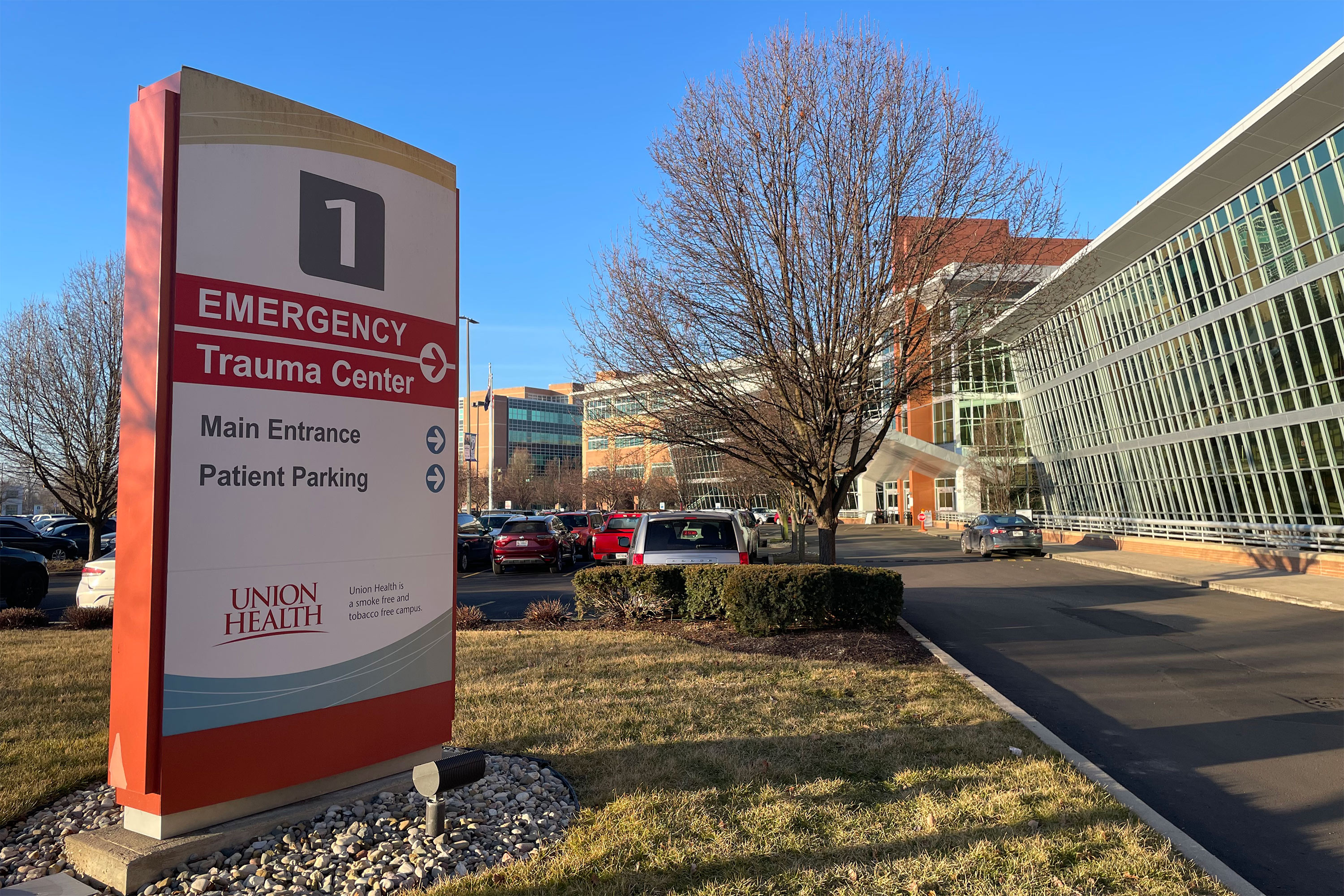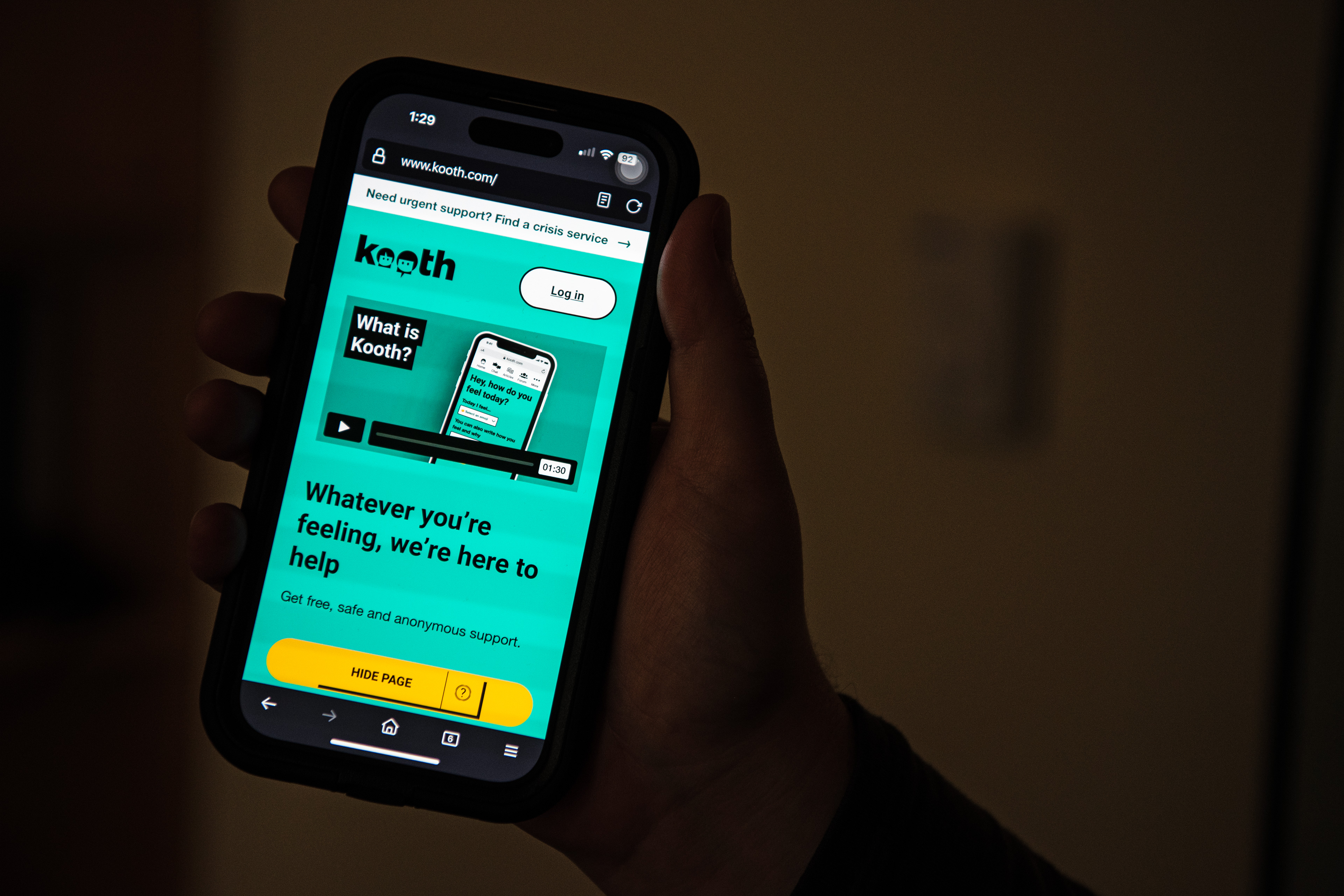Nov 14, 2024

By MIKE MAGEE
It has been a collision of past, present and future this week in the wake of Trump’s victory on November 6, 2024. The country, both for and against, has been unusually quiet. It is unclear whether this is in recognition of political exhaustion, or the desire of victors to be “good winners” and no longer “poor losers.”
Who exactly are “the enemy within” remains to be seen. But Trump is fast at work in defining his cabinet and top agency officials. In his first term as President, Trump famously placed himself at the front of the line of scientific experts sowing confusion and chaos in the early Covid response.
His 2024 campaign alliance with Robert F. Kennedy Jr. suggests health policy remains a strong interest. As his spokesperson suggested, his up-front leadership led to a resounding victory “because they trust his judgement and support his policies, including his promise to Make America Healthy Again alongside well-respected leaders like RFK Jr.”
For those with a memory of Trump’s checkered, and disruptive management of the Covid crisis, it is useful to remind ourselves of those days not long ago, and consider if throwing Bobby Kennedy Jr. in the mix back then would have been helpful.
I have been revisiting the Covid pandemics I have prepared for a 3-session course on “AI and Medicine” at the University of Hartford’s Presidents College. The course includes a number of case studies, notably the multi-prong role of AI in addressing the Covid pandemic as it spun out of control in 2020.
The early Covid timeline reads like this:
December 1, 2019: A 70-year old man is admitted to the hospital in Wuhan, China with respiratory distress.
Mid-December, 2019: Multiple citizens in Wuhan, China are now gravely ill.
December 24, 2019: A post-mortem lung sample of a Wuhan patient yields a partial genetic sequence of the infectious viral agent. It is similar to the SARS virus that triggered an epidemic in 2003.
December 30, 2019: Word leaks out and reaches U.S. epidemiologist Marjorie Pollack, head of Promed, which alerts their 80,000 subscribers, including officials at the WHO, of a pending epidemic.
December 31, 2019: China’s National Health Commission directs the Wuhan health officers to formally announce the outbreak.
January 1,2020: Wuhan police threaten several local doctors for speaking out, labelling them as “rumormongers.”
January 3, 2020: Chinese government lets WHO know they are managing 44 confirmed cases.
January 5, 2020: A full genetic sequence of the virus is released. Chinese officials initially attempt to suppress the information.
January 13, 2020: German scientists release a test for the virus.
mid-January, 2020: Hundreds are now ill in Wuhan, and people are beginning to die from respiratory failure.
January 23,2020: There are now outbreaks in other parts of China. 571 cases are reported.
A Wuhan Central Hospital worker reports at the time: “It erupted too fast, and then there were just too many people infected, Without ventilators, without specific drugs, even without enough manpower, how were we going to save people? If you’re unarmed on the battlefield, how can you kill the enemy?”
February 15, 2020: Moderna release a “clinical-grade, human safe manufacturing, batch (of mRNA) shipped to health clinics for testing” just 45 days after the genetic sequencing had been revealed.
What normally would take years, took a few weeks. As Moderna’s chief data and AI officer, Dave Johnson PhD said later, “We were building that early preclinical engine of a company, which is, how can we target a bunch of different ideas at once, run some experiments, learn really fast and do it again… if you wanna run a lot of experiments, you have to have a lot of mRNA. So we built out this massively parallel (AI aided) robotic processing of mRNA… as things evolved as you capture data in these systems, that’s where AI starts to show up. You know, instead of just capturing, you know, here’s what happened in an experiment, now you’re saying let’s use that data to make some predictions.”
What AI did was direct the re-engineering, through purposeful mRNA mediated mutations of the virus’s genetic code, helping to generate the first batch of mRNA Covid vaccine.
December 18, 2020: Moderna receives “emergency use authorization” from the FDA Vaccine Advisory Committee.” Not a moment too soon, most would say. The death toll in the U.S. had already reached over 800,000, and projections of monthly fatalities ahead had reached 62,000.
It is now believed that rapid AI-aided, development of the mRNA vaccine for Covid saved 15 to 20 million lives worldwide. The rapidity was the result AI driven hyper-accelerated mRNA generation. Prior to the integration of AI, Moderna was generating 30 samples a month. By optimizing with AI, the yield exploded to more than 1000 per month. AI was then used again to predict how best to structure the vaccine to maximize a protein production response in the body…or as the company says, “more bang for the biological buck.”
Dave Johnson is quick to note that Moderna was fast at work with AI applications years before Chat-GPT became a household term. His background was software engineering and data science, and his PhD was in information physics. So it is not surprising that he’s comfortable forming non-human relationships. As he says, “We always think about it in terms of this human-machine collaboration, because they’re good at different things. Humans are really good at creativity and flexibility and insight, whereas machines are really good at precision and giving the exact same result every single time and doing it at scale and speed.”
As for a civilian like RFK Jr. playing doctor, that never seems to end well. Tommy Thompson tried managing the Anthrax crisis in 2001 and had to be rescued by Tony Fauci, MD. Fauci was there again in April of 2020 to clean up Trump’s bleach for Covid comments. Add to this a series of disastrous outcomes in red states where zealot bureaucrats have deemed themselves qualified to manage obstetrical emergences.
Will history repeat? We’ll know soon enough.
Mike Magee MD is a Medical Historian and regular contributor to THCB. He is the author of CODE BLUE: Inside America’s Medical Industrial Complex. (Grove/2020)








![Healthy High Protein Oatmeal Chocolate Chip Breakfast Bars [gluten-free + no added sugar]](https://i0.wp.com/healthyhelperkaila.com/wp-content/uploads/2024/11/OatmealChocolateChipBarsFeatured.png?fit=1536%2C1521&ssl=1)









 English (US) ·
English (US) ·